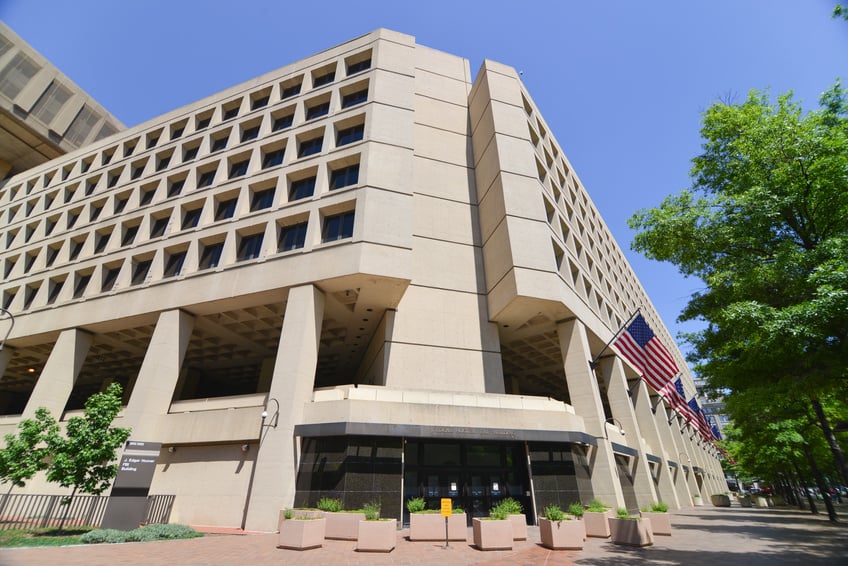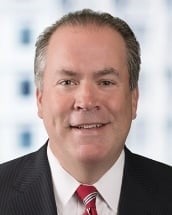In brief
The Federal Trade Commission has announced the annual adjustments to notification thresholds under the Hart-Scott-Rodino Antitrust Improvements Act of 1976, as amended. The revised thresholds will apply to all transactions that will close on or after March 4, 2021.
Key takeaways
Under the updated thresholds, the lowest “size of transaction” notification threshold for any non-exempt acquisitions of voting securities, assets, or non-corporate interests will decrease from $94 million to $92 million. For transactions valued above $92 million but below $368 million, an HSR filing may be triggered only if the “size of person” threshold is satisfied. Non-exempt transactions valued above $368 million will trigger an HSR filing obligation irrespective of the size of the parties involved.
In more detail
Meeting any one of the following three subtests satisfies the “size-of-person” test:
- A person with $184 million or more of total assets (as stated on its most recent regularly-prepared balance sheet) or annual net sales (from its most recently completed fiscal year) proposes to acquire voting securities, non-corporate interests, or assets of a person engaged in manufacturing with $18.4 million or more of annual net sales or total assets.
- A person with $184 million or more of total assets or annual net sales proposes to acquire voting securities, non-corporate interests, or assets of a person not engaged in manufacturing with $18.4 million or more of total assets (net sales test does not apply).
- A person with $18.4 million or more of total assets or annual net sales proposes to acquire voting securities, non-corporate interests, or assets of a person with $184 million or more of annual net sales or total assets.
For the purposes of applying the thresholds, “person” means the ultimate parent entity of the party engaged in the transaction.
The HSR Act filing fee amounts remain the same, but the values triggering the higher fee amounts have decreased.
- The filing fee is $45,000 for transactions valued above $92 million but less than $184 million;
- The filing fee is $125,000 for transactions valued at $184 million or more but less than $919.9 million, and
- The filing fee is $280,000 for transactions valued at $919.9 million or more.
Compliance with the HSR Act is imperative. The FTC previously announced the annual increase of the maximum civil penalty available for HSR Act violations to $43,792 per day. This new maximum penalty may be imposed for any enforcement action taken on or after January 11, 2021 even if the underlying violation preceded that date.





